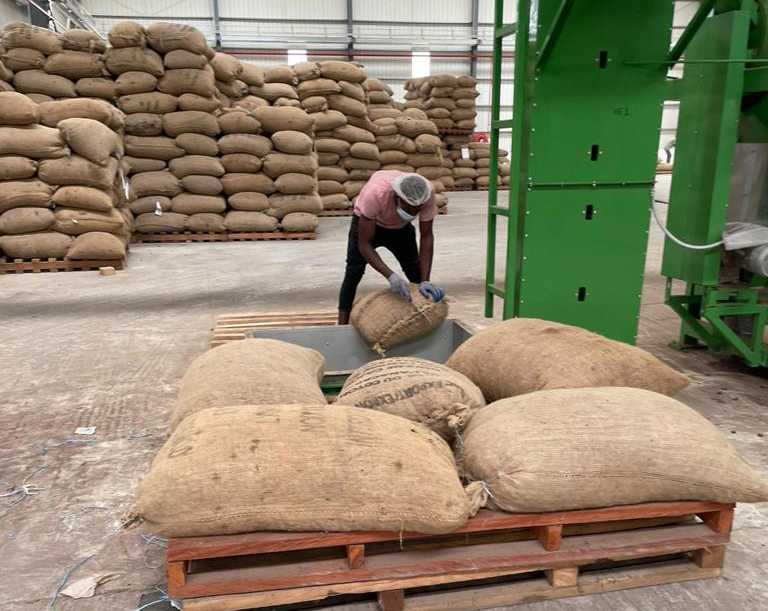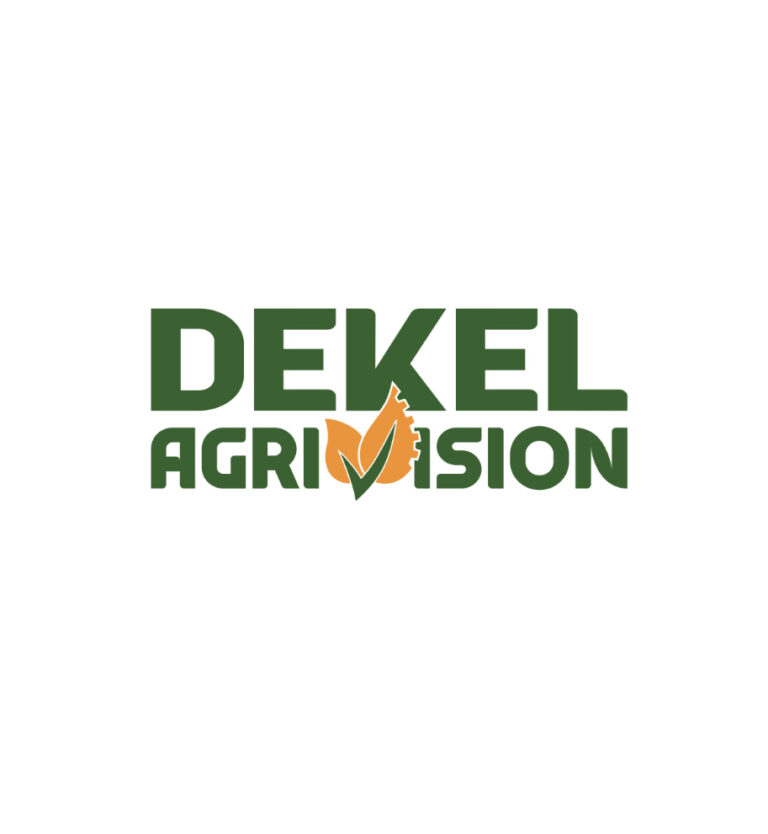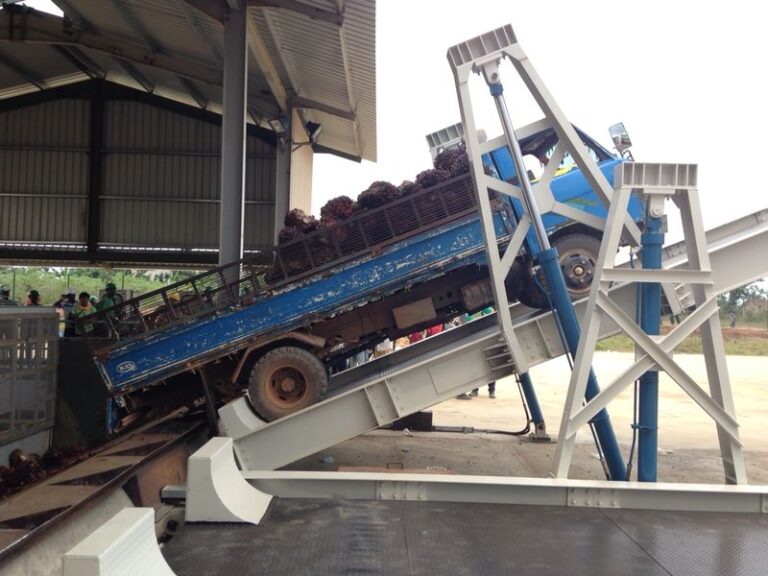Dekel Agri-Vision plc (LON:DKL) Executive Director Lincoln Moore caught up with DirectorsTalk for an exclusive interview to discuss improvements in gross margin, EBITDA increase, the impact of local prices on revenue & profitability, cashew performance, and overall growth strategy.
Q1: First off Lincoln, the gross margin percentage for your palm oil operation improved by 11.5% in H1 2024. What key factors contributed to the enhancement and how sustainable do you believe these margins are moving forward?
A1: The gross margin in general, the palm oil operation has performed well in H1 2024, and that’s been a continuation of a really sustained, solid performance from the palm oil operation.
It was pleasing to see the gross margin percentage up really, particularly given it was slightly softer on the production and pricing, so to achieve a high gross margin percentage, it was really driven by well-maintained raw material costs. We’re able to maintain the costs of transportation and the raw materials, the raw fruit, fresh fruit bunches, which is no mean feat in an inflationary environment, which was really pleasing.
We also had a strong period of sales from a PKO, the palm kernel oil side of the business as well so that’s what drove the gross margin to remain stable last year and the percentage to be up by 11.5%.
Q2: Now, Dekel Agri-Vision reported a 12.1% increase in EBITDA for H1 2024, can you explain for us how that was achieved?
A2: Again, in terms of working down to the EBITDA number, it was a decrease in our overheads by approximately £300,000 or 15% compared to the prior H1 2023. Again, I think in the context of global inflation and most companies experiencing an increase in overhead, I think it’s a fairly good result for us to maintain and actually decrease overheads, which is all about freezing salaries or decreasing salaries in some case to really predictably manage all other overhead items, which is, as I said, is challenging because costs have increased substantially, as everyone knows.
We’ve been doing that for some time, continuing to maintain that overhead as low as possible and that’s really been the driver of the increase in EBITDA, despite the softer production and pricing.
So overall, the palm oil operation performed really well during H1.
Q3: Now, with international crude oil prices remaining steady at around €900 per tonne, how do you anticipate local prices evolving and what impact do you think this will have on the business’ future revenue and profitability?
A3: International prices remain really quite high, actually, in US dollars, we’re seeing prices in H1 between $1,000 and even up to $1,200 in recent days and the local prices have probably traded at a discount to the international price at, let’s say, about 10% on average through H1.
As I said in previous interviews, in West Africa, there’s different mechanisms used to fight inflation and the most suitable one is to try and keep the cost of key items such as palm oil steady, and that’s been done by limiting exports. So, that has led to local prices trading, let’s say, as I said, 10% under the international price.
As we see global inflation start to subside, what we expect is usual market forces will come into play and we expect the local price to gradually creep up towards the international price again, which has been how it’s been through the 10/11 years the palm oil operations were trading very similar to the international price.
So, price is still very good and we think we will see a gradual increase towards the international price, which remains very high and very supportive of the palm oil operation.
Q4: Now, the cashew operation faced challenges in H1 2024. Could you just update us on the commissioning of the new shelling and peeling equipment? And how do you expect the cashew operations performance to be in the coming months?
A4: For those who have been involved in our cashew operation and watching that, it’s been a challenge for a lot longer than just H1 2024. It’s been a challenge for two years with the Italian suppliers equipment and most notably, out of the 10-12 key sections, the peeling and sorting sections, which have just slowed down the throughput of the entire operation.
So, we bit the bullet in Q4 last year and bought supplementary Vietnamese equipment, which has improved in technology substantially since we originally ordered the cashew equipment and that key equipment all arrived on site, always on site as of two or three weeks ago, finally, which is very exciting and is now actually all being assembled. We’re now in a testing phase of that equipment.
It essentially is a new peeling system, which can handle all the throughput, it is another line of shelling machinery and a drying system so the drying system relates in with the peeling to dry the raw cashews are, they peel. So that’s all interconnected. So we start testing.
Now, we’re still working with the same consultant who assisted another local producer or cashew operation, which had the same problems and they’re doing really rather well. He remains extremely confident that we will see a real shift in the throughput and production over the coming weeks as that testing moves through to finalisation.
So, what we are hoping to see, the magic number we think for us is for daily cashew processing to increase to 20 tonnes per day. We hope to see significant improvement in the whole versus broken cashews and a significant improvement in the number of cashews that go through the process, fully peeled.
So all of these factors we will be watching very carefully and we’ll be reporting to the market. We’ve got a report in 10 days, which probably we won’t have everything by that point but certainly I would think by the end of October, we can make some positive comments about some of those key KPIs improving and together with the fact that the cashew price has seen a rebound. It was at I think long time lows through last year in the early part of this year. It’s increased to around 20-25%. We will see this business move through to cash flow positive finally.
So that’s, I think, a huge thing each shareholder should rightly be focused on and we look forward to hopefully, for everyone and obviously us included, it’s been a very frustrating long process seeing this operation start to move and be a positive contributor to the group.
Q5: Just looking ahead, how do you see the synergy between your palm oil and the cashew operations contributing to Dekel Agri-Vision’s overall growth strategy? And what should investors be looking out for as operations reach optimal performance?
A5: The cashew operation coming to cash flow positive is massively significant. So as the status quo at the moment is that the palm oil operation is performing solidly and producing on average EBITDA of around about €5 million per annum.
The cashews is obviously not quite as bad as the negative is certainly stealing a lot of the operating cash flow. So, moving the cashew operation initially to positive operating cash flow makes a significant difference to our overall results in the group’s cash flow position. So it’ll be a material milestone for the company, no doubt.
I’m sure, as I said earlier, that many investors rightfully are waiting to see that that tick on the main KPI, as I mentioned, on the cashews improving, which will, once they’ve improved to the levels of 20 tonne per day, plus in terms of raw cashew processing, we’ll see a significant improvement in our operating results.
I would expect to have a significant impact on our share price. So an exciting, let’s say one to three month period of really writing the ship, let’s hope, on the group results from the cashew operation.






































